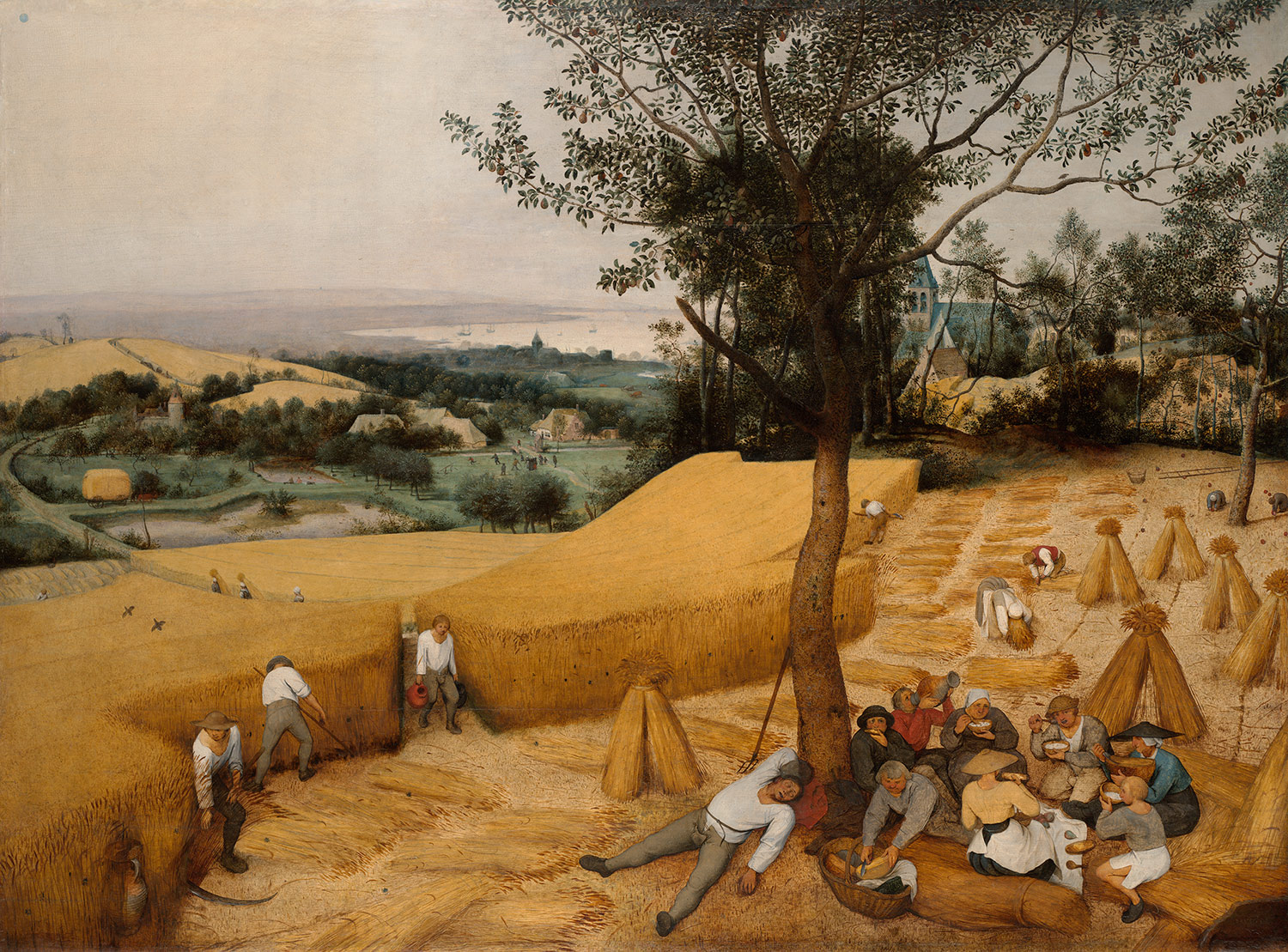It was the night before we were to leave, to return to my home, and soon to be their home. They were now my children. I was now a mother, something I had hoped for, for years, but could only achieve through adoption. Only a few hours left in the Almaty hotel before we took a taxi to the airport. Everything was packed and already checked at the desk. I wished that I had more time to explore Kyrgyzstan and Kazakhstan.
In the few days that I had been a mother, I had learned so much. I never knew children could eat so much. They were like hummingbirds who eat three times their weight in food each day. We had snacks of dried fruit and crackers and cereal and bottles of juice. We were sitting in a empty room, just waiting the last few hours before we had to leave to catch the plane. We ordered meals from room service, succulent and flavorful lamb kebabs, and pilaf, pronounced plov, fragrant with saffron and nuts, mild yet flavorful roasted chicken and french fries, the hotel's version of food for children, and milk, their last before the plane. Each of them was so tiny at barely third percentile, at the tender ages of two and four, smaller than American children of eighteen months and three years. Yet, they could out eat most adults. I had no idea then how much growth that food was to fuel. Katie grew an inch a month for a year, Maxim half an inch a month for a year.
Both the children and I had had a busy day. Getting their visas to return with me to California. Having all the papers checked at the consulate. And then a last bit of sightseeing in Almaty. I wish I had more time. Perhaps my grandmother and uncle came this way as they made their way from Siberia to Persia, after they had been freed. I wish I knew more, but they rarely spoke of that time. The region seemed so interesting to me, not just because my children were born here. The children seemed to connect me to my family's past. At the time, I did not expect that their questions would make me want to explore the darker history of the region as well as the joy that it has brought me.
Like small birds, the children flitted about while they were awake and still had energy. No wonder they ate so much. After dinner, Maxim curled up beside me to sleep. He wanted to be close enough to touch, perhaps because he wanted to feel the warmth and and hear the pulse of another next to him, something he had not known for four years, since the womb. I sensed that he wanted to bond, yet feared the unknown that he was to face. He still seeks contact, though now he doesn't want his friends to see that his mother still kisses him on the forehead every day. That night, his small body cuddled beside me was helping me to bond as well.
Katie stayed awake a bit longer. She ran repeatedly across the room away from me, then turned and with her arms thrown back like wings and then,on reaching me, embraced me as she giggled. I realized that I was entrusted with a tiny angel whose laughter was reminiscent of tiny bells. This was the child who had only taken her first steps three months earlier, who I had never seen smile before, who I was worried about being able to bond. The child the adoption doctor recommended against due to her prematurity and delay. Yet she had clearly made the decision to bond. And she is no longer delayed. She was simply waiting to be loved. Finally that night, she, too, succumbed to fatigue a slept a few hours before we were awakened to leave for the airport.
They were leaving the only home they had ever known to spend their lives with me. I was returning home from the lands of my ancestors' exile and my children's birth, a new mother of two. It would be a great adventure for all of us. The calm sound of their breathing beside me comforted me, as my touch now seemed to comfort them.















